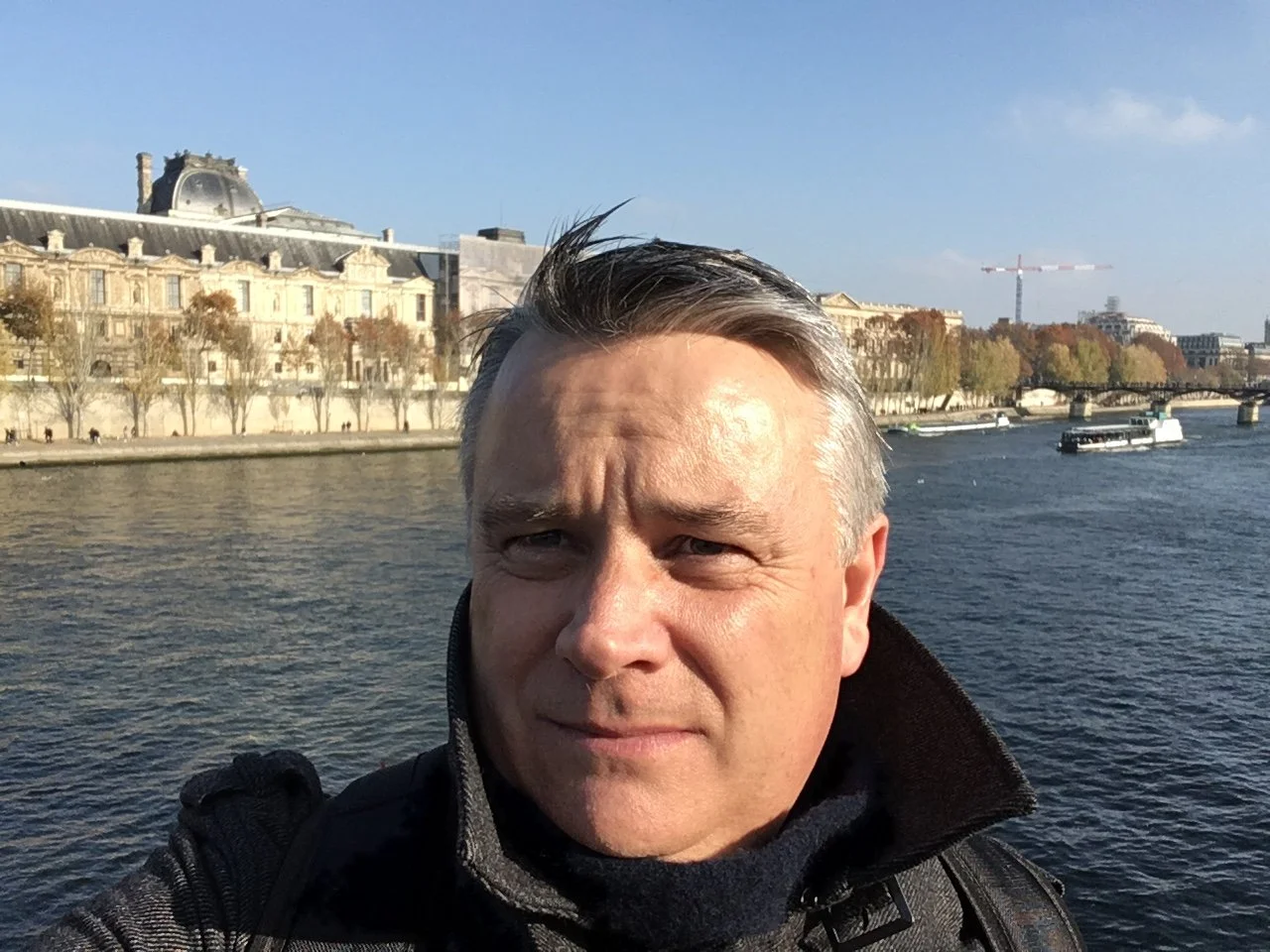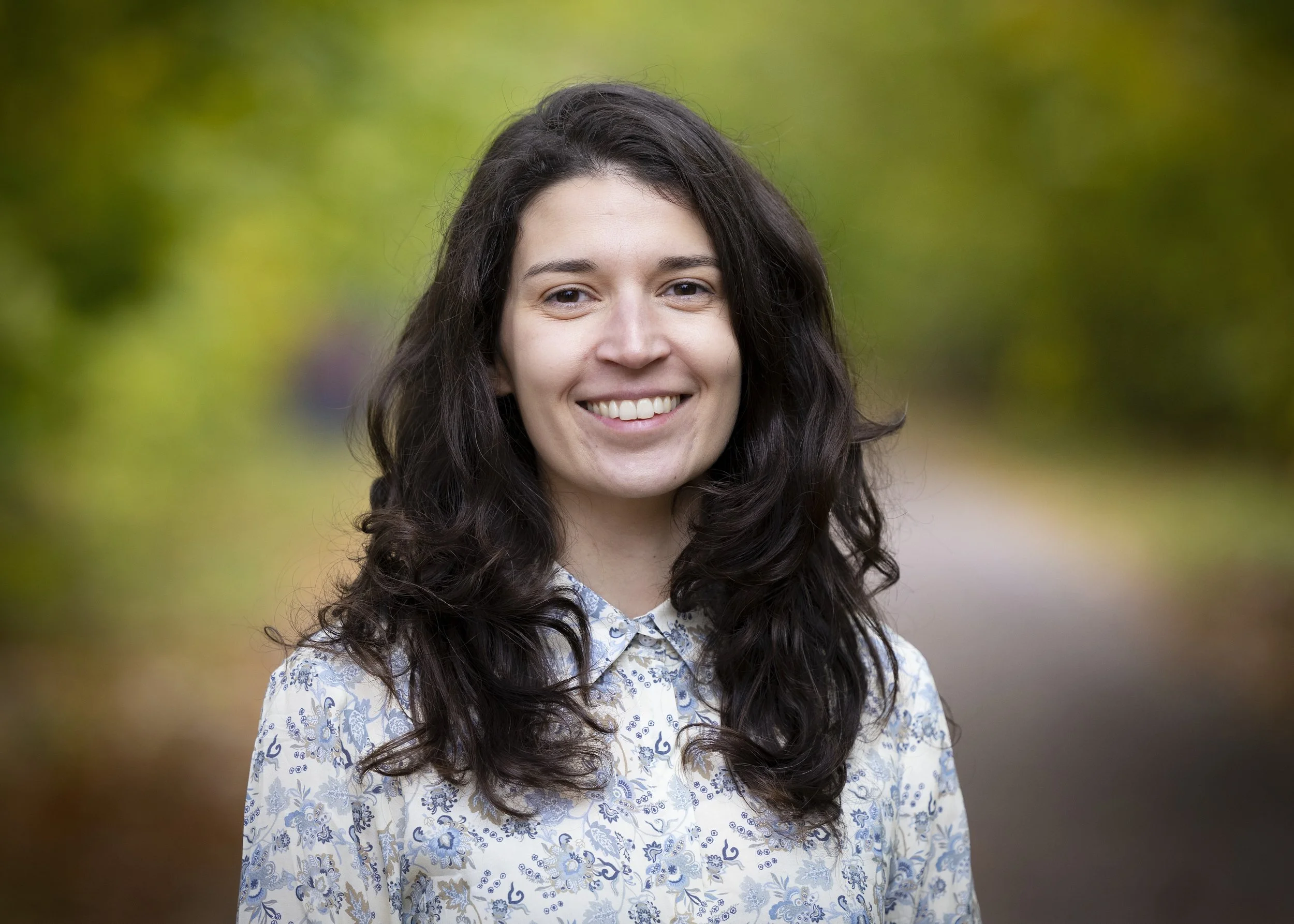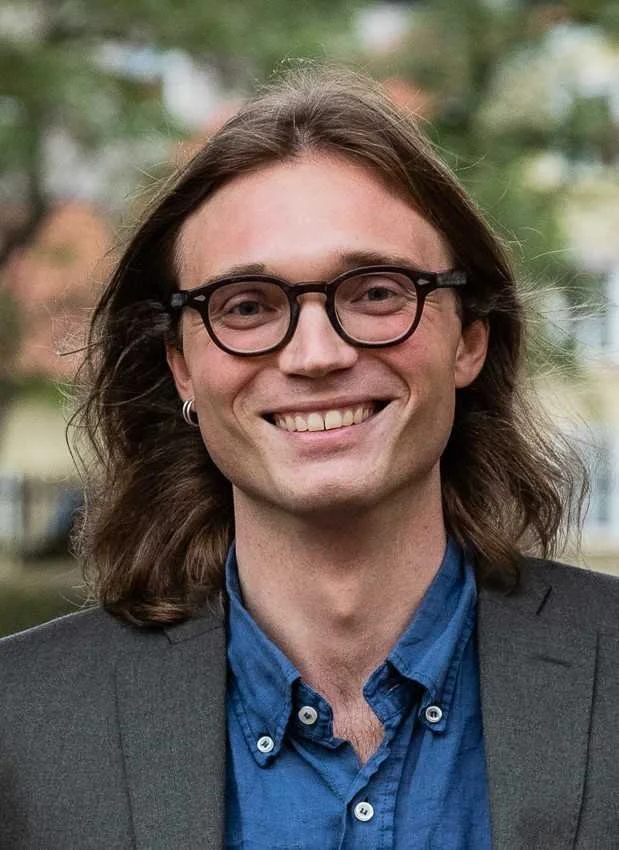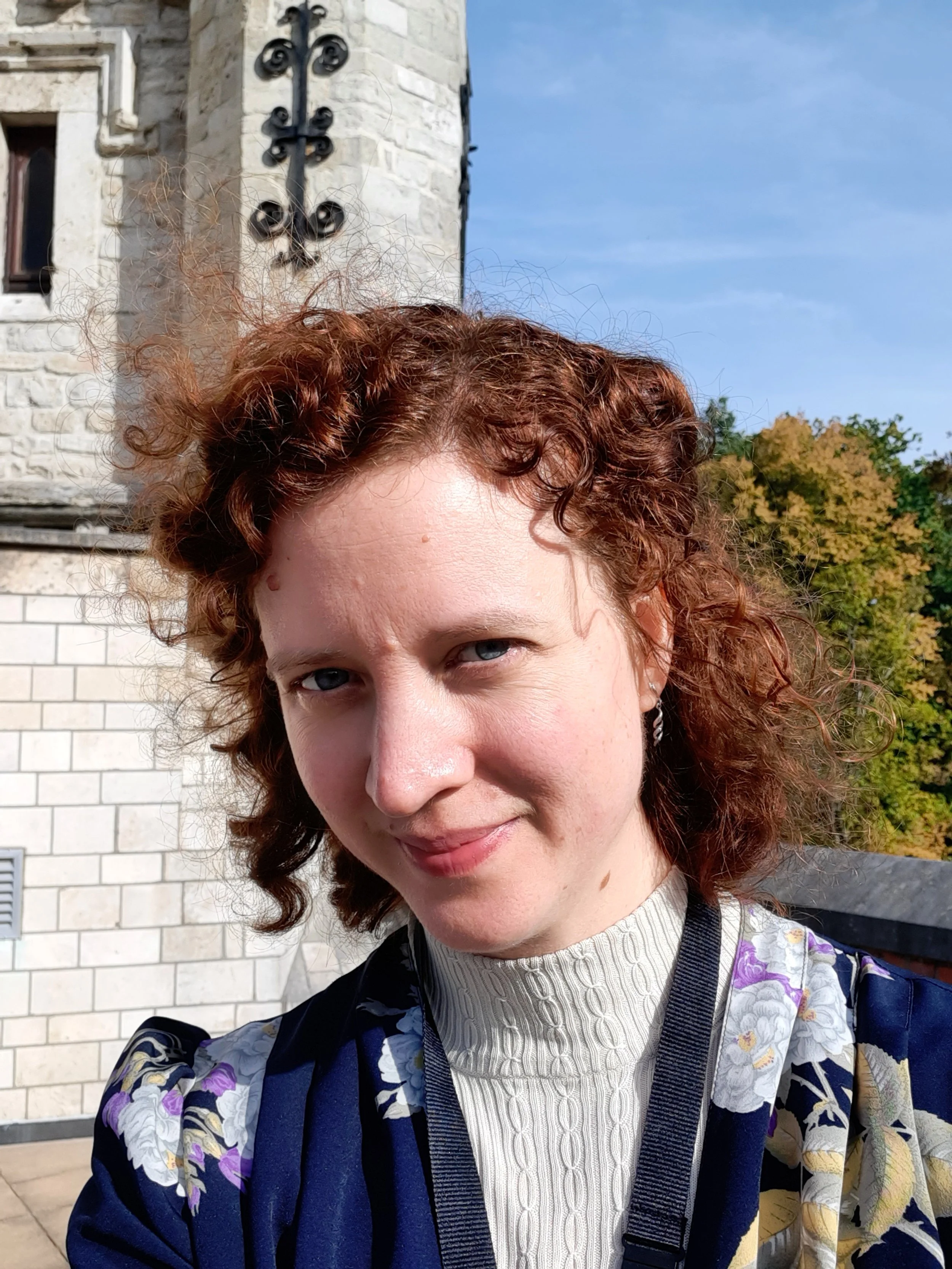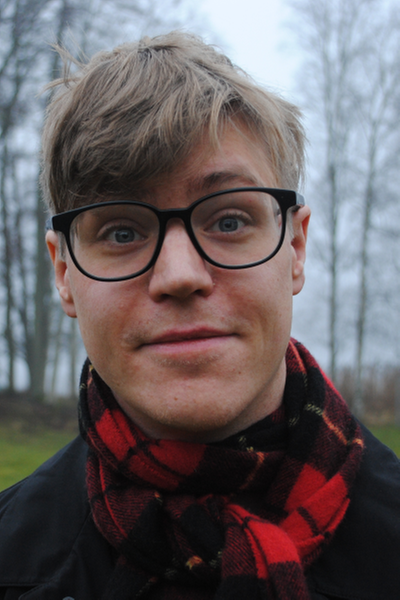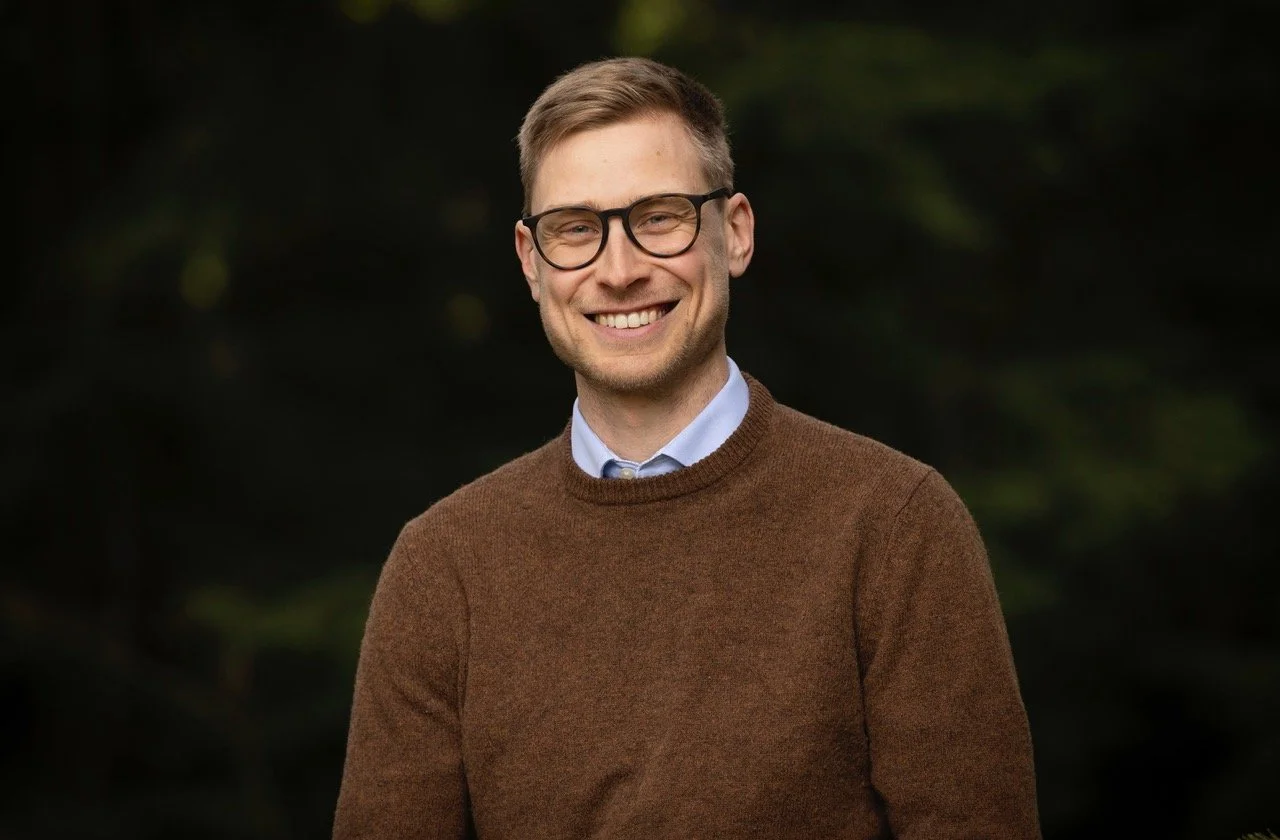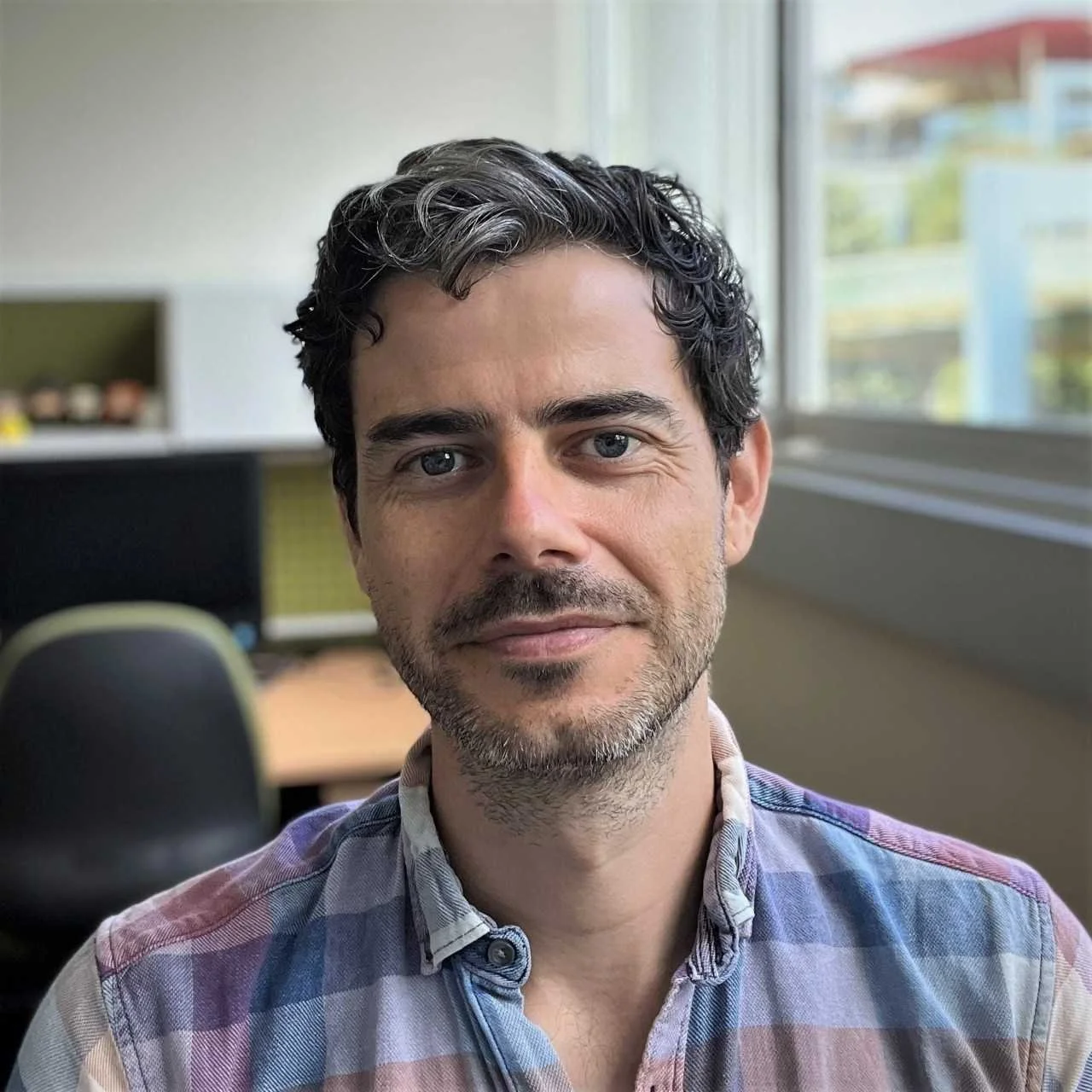Linda Andersson Burnett
Principal Investigator
Linda Andersson Burnett is an Associate Professor and Wallenberg Academy Fellow in the Department of History of Science and Ideas at Uppsala University. She is the principal investigator of Instructing Natural History: Nature, People, Empire and convenes the projects Early Citizen Science, Collecting Humanity and The Borders of Humanity. Linda’s research interests include Linnaean natural-history travel, colonial collecting, and the conceptual history of the terms race and prehistory. In this program she focuses on instructed travelling and collecting in Scandinavia and in the British Empire. Linda holds a PhD in History from the University of Edinburgh (2012) and has worked as a postdoc at the Institute for Advanced Studies in the Humanities at Edinburgh University and at Linnaeus University. Read more about her research here.
Bruce Buchan
Co-Investigator
Bruce Buchan is a Professor of History in the School of Humanities, Languages, and Social Sciences at Griffith University, Australia. Bruce is an intellectual historian specialising in the intersections between colonisation and the history of ideas, with a focus on the era of Enlightenment. He is co-investigator of the Collecting Humanity and Borders of Humanity projects. Bruce holds a PhD from Australian National University. His Griffith University webpage can be found here.
Millie Schurch
Research Partner and former Postdoctoral Researcher
Millie Schurch was a Postdoctoral Researcher on the project Early Citizen Science at Uppsala University. Her research focused on the relationship between literary form and the production of knowledge in the eighteenth and early nineteenth century. In the project she examined the paper and literary technologies – instructions, correspondence, notes, plant lists, illustrations and herbaria - used by botanical collectors sent from Kew Gardens to New South Wales, 1780-1840. Prior to Uppsala, Millie studied at Cardiff and Oxford, and completed her PhD at the University of York (2020). Millie is now a PI and researcher of the project ‘Underground Poetics: Geology, Literature and Criticism in the Nineteenth Century’ in the department of English at Stockholm University. She is also an Early Career Teaching Fellow in English Literature at the University of Edinburgh. You can find out more about her research here.
Maria Florutau
Research Partner and former Postdoctoral Researcher
Maria Florutau was a postdoctoral researcher (2022-2025) on the Project Early Citizen Science at Uppsala University. Her research was focused on transnational knowledge exchange during the Enlightenment. In the project, she examined the uptake of Linnaean instructions in the Netherlands and its colonies and in the Habsburg Empire. Maria completed a DPhil in Early Modern History at the University of Oxford (2022), having previously studied at University College London. She is now a Wenner Gren Postdoctoral Fellow in the Department for History and Philosophy of Science at the University of Cambridge and remains affiliated with the Instructing Natural History project as co-convenor of the Instructing Colonial Natural History seminar series. You can find out more about her research here.
Jens Amborg
PhD Candidate
Jens Amborg is a PhD candidate in the Department of History of Science and Ideas at Uppsala University. He is broadly interested in the history of science and medicine, environmental and animal history, and the French Enlightenment. His thesis examines the relationship between theories and practices of animal breeding in agriculture and pet keeping and notions of race, reproduction, improvement and degeneration in natural history in eighteenth-century France. Jens previously studied at Cambridge University and the EHESS in Paris. In 2022-23, he was a visitor in the History Department at Stanford University.
Hanna Hodacs
Research Partner
Hanna Hodacs is an Associate Professor at the Department of History of Science and Ideas at Uppsala University. She is the principal investigator of the project Nordic Naturalists as Fashionistas. Interpreting Taste and Substituting Global Goods with Local in the Long 18th Century. Hanna worked within the fields of history of science, economic history and global history, she is presently interested in issues relating to substitutions of global goods (such as tea and coffee), and the work of natural historians in finding replacement drawing on their knowledge of nature, consumption, taste and scent. Hanna has worked as a post-dock at the University of Warwick (Centre for Global History and Culture, Royal Swedish Academy of Sciences (Center for History of Science), and Uppsala University. Read more about her research interests here.
Petter Hellström
Research Partner
Petter Hellström is a Researcher at the Department of History of Science and Ideas, Uppsala University, and the principal investigator of Unmapping Africa: Enlightenment Geography and the Making of Blank Spaces. Hellström's research explores the visual culture of science and the entangled histories of classification and representation, with a focus on the period 1750–1850. He holds a PhD from Uppsala University (2019), but has also studied at the universities of London, Cambridge, and Damascus. Read more about his work here.
Anna Svensson
Research Partner
Anna Svensson is a researcher at the Department of History of Science and Ideas, Uppsala University, with the project Botanical Marginalia (2021–2023) funded by the Swedish Research Council. The project explores pressed plants in primarily early modern books in relation to the history of botany and current collection management practices. Her research draws on a range of fields including history of the book, history of science, collection history, and digital humanities. With a background in English Literature and Museum Studies, she defended her thesis in the History of Science, Technology and Environment at KTH, Royal Institute of Technology (2017). You can read more about her research here.
Tim Berndtsson
Researcher
Tim Berndtsson is a researcher at the Department of History of Science and Ideas, Uppsala University, with the project Iron dreams. Knowledge mobilization and colonial resource exploitation in Northern Sweden c. 1800, funded by the Olle Engkvist foundation (2025–2027). The project explores Samuel Gustaf Hermelin’s large-scale project of establishing iron mines and iron works in the Swedish north around 1800, and especially the sociotechnological utopian imaginations expressed in the paperwork connected with the project.
Jenny Beckman
Research Partner
Jenny Beckman is Senior Lecturer in the Department of History of Science and Ideas, Uppsala University. Her research focuses on the communication of science, in school, museums, and publications, with a particular emphasis on botany. Her current project concerns the development of science information in scientific societies and academies.
Patrick Anthony
Research Partner
Patrick Anthony is a social historian of science and environment in central Europe and the World in the eighteenth and nineteenth centuries. He is a Marie Curie Postdoctoral Research fellow at the Department for History of Science and Ideas, Uppsala, focusing on nineteenth-century sciences of astronomy, climate, and geophysics at the edges of Russia’s colonial empire, juxtaposed against the Islamic sciences and nomadic geographies of central Eurasia. His book Unearthed: Science and Environment across Mineral Frontiers is forthcoming with the University of Chicago Press (Spring 2026). Read more about his work here.
Thomas Combe
Research Partner
Thomas Combe is a PhD candidate at Griffith University, Gold Coast, where he is working on the influence of technology in European thought during the seventeenth and eighteenth centuries. His research focuses on how Enlightenment visions of a technological mastery of nature continue to inform contemporary political and economic thought.
Matthew D. Eddy
Research Partner
Professor Matthew Daniel Eddy was a visiting fellow in the Program in October 2022. Matthew is the Durham University’s Chair and Professor in the History and Philosophy of Science and the Co-Director of the Institute for Medieval and Early Modern Studies. He studies the history of science in Europe and its former empires. He is currently examining medical instructions in India in the nineteenth century. Read more about his work here.


